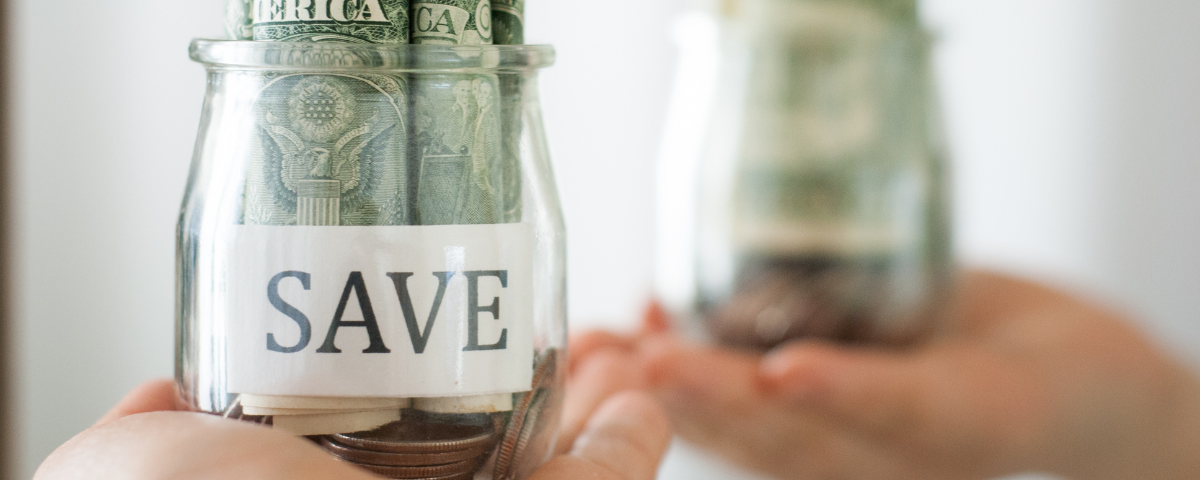It’s a common question: should I pay off debt or save? The decision is personal and depends on your circumstances. There’s no single solution, but understanding the variables helps you choose what’s right for your financial picture.
Understanding Your Debt
Debt can feel overwhelming, but understanding it is the first step.
Start by identifying your debt types: credit card debt, a mortgage, student loans, or medical bills? Then determine the interest rate for each.
Knowing what you owe, including the interest rate, clarifies the problem. It also helps find solutions to fix it.
Prioritizing Debt: High Interest vs. Low Interest
Not all debt is equal. High-interest credit card debt can quickly grow.
Prioritize paying these high-interest debts first to reduce the total interest paid. This is crucial for saving a down payment on a home.
Lower interest debts like auto loans can be tackled after high-interest balances are managed.
The Power of Saving: Building an Emergency Fund
Even with debt, saving is critical for unexpected expenses.
An emergency fund provides a safety net. It helps you handle surprises without adding more credit card debt.
Aim for 3 to 6 months of living expenses in a savings account. Consider using a money market account for potentially higher returns.
Balancing Act: Pay Off Debt or Save? How to Approach Both
The best financial approach often involves both paying off debt and saving. Can you allocate funds to both? Even small extra debt payments make a big difference over time.
Consider the debt snowball method for motivation. Use the same strategy with savings by setting aside a fixed monthly amount in an interest-bearing account.
Budgeting: A Blueprint for Debt and Savings Success
Paying off debt and saving starts with a budget. Determine your actual income and expenses using budget calculators. Then, identify areas to cut discretionary spending. You should also consider free services such as creating free credit reports or monitoring your credit scores.
Another tip is to skip takeout or choose less expensive entertainment, this frees up funds. Then, you can use these funds to pay off high-interest debts and build a strong financial foundation.
Don’t forget building a strong savings plan is also a part of personal finance wealth management.
Seeking Professional Guidance
Sometimes, professional help is beneficial. A financial advisor offers personalized guidance on debt management and savings plans. A good financial advisor will also assist with creating a personalized retirement plan.
Talking to a professional offers unbiased advice. It can also help alleviate the stress debt can place on your personal life.
Real-Life Example: From Drowning in Debt to Financial Freedom
Mark accumulated significant credit card debt in college. Starting with textbooks, he added other expenses that resulted in several personal loans.
Mark changed his spending habits to gain financial freedom. He paid the minimum payment on all of his debts to protect his credit report and focused on high-interest debt. Then, he added a little extra to the smallest balance loans. As balances decreased, he reallocated funds, creating a cascading effect.
Working with lenders, he secured lower payments. This freed up more money to pay off debts and grow his savings through interest, and dividends. His approach allowed him to save for emergencies and even explore investment opportunities such as a money market account.
Mark’s snowball method helped build momentum. His story highlights how small changes lead to big financial improvements.
Pay Off Debt or Save: Making the Right Choice
Deciding whether to pay off debt or save is complex. High-interest debts should be prioritized. However, low-interest debts like mortgages may allow for simultaneous saving.
If your employer offers a 401(k) match, contributing enough to maximize the match can be a good move, even with existing debt. You should also factor in a retirement savings goal when determining how much to contribute.
As mentioned, financial experts recommend starting with high-interest debt repayment, but while making these payments, split your extra money into emergency savings and wealth-building investments.
If you need a savings goal, many financial planners suggest an emergency savings equivalent to 6 months’ expenses before aggressive savings and investing.
FAQs about pay off debt or save
Is it better to save money or pay off debt?
The best option depends on factors such as debt interest rates, savings, and your overall finances. Sometimes a personal loan can improve interest rates or a balance transfer could help you get a handle on your credit card debt.
Is it better to save for a down payment or pay off debt?
Compare the potential return on a down payment investment with the interest paid on debts. Consider your timeline for buying a home and current market conditions.
Do millionaires pay off debt or invest?
Many prioritize high-interest debt repayment first. They leverage this like compound interest, which then creates more room for investment. Sometimes debt consolidation helps millionaires reduce rates on debts.
Is $20,000 a lot of debt?
$20,000 can be significant, depending on income and other debts. Evaluate your debt-to-income ratio and explore options like refinancing to reduce your debt load. Refinancing is one account option to explore.
Conclusion
Deciding whether to pay off debt or save depends on your unique situation, including income, interest rates, and savings goals. Paying off debt provides relief and improves your credit score. Saving, on the other hand, offers protection and builds wealth.
Balancing both or prioritizing high-interest debt repayment while building emergency savings are sound strategies. Evaluate your circumstances and goals, and remember there are numerous account options such as checking accounts and savings accounts available to you.










